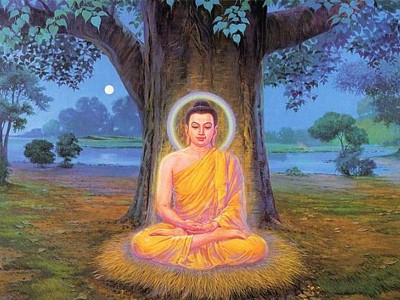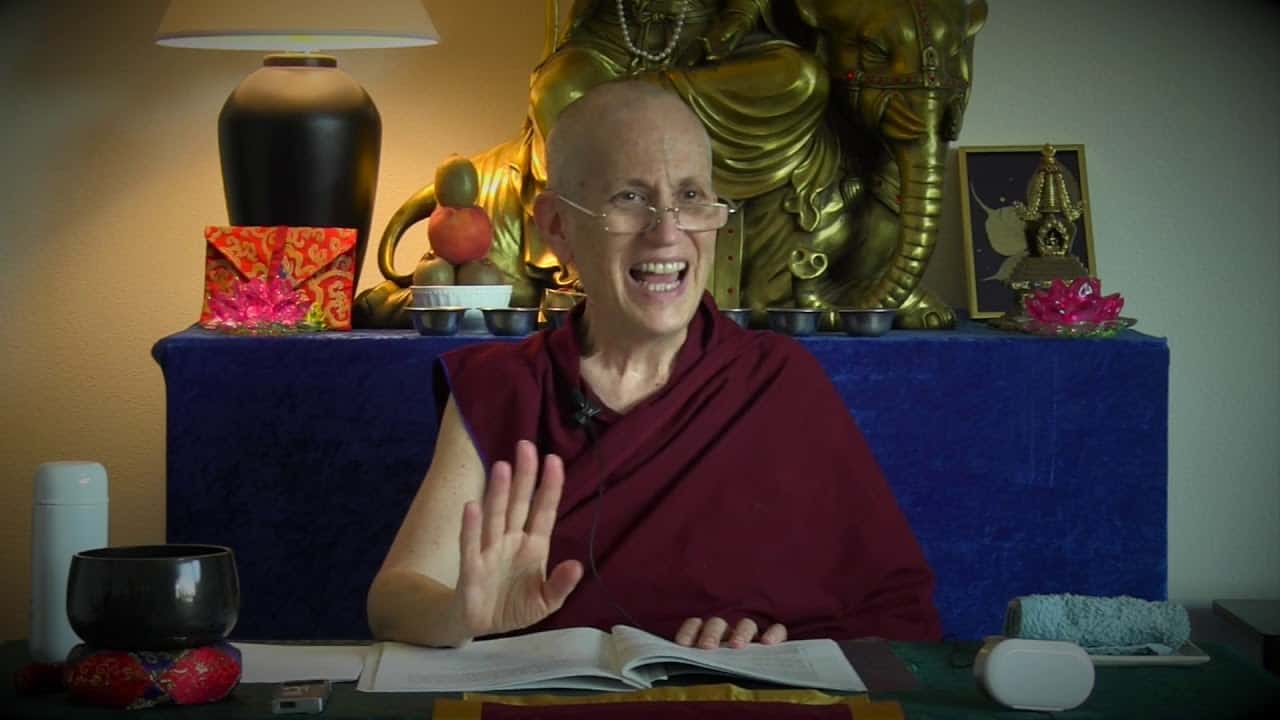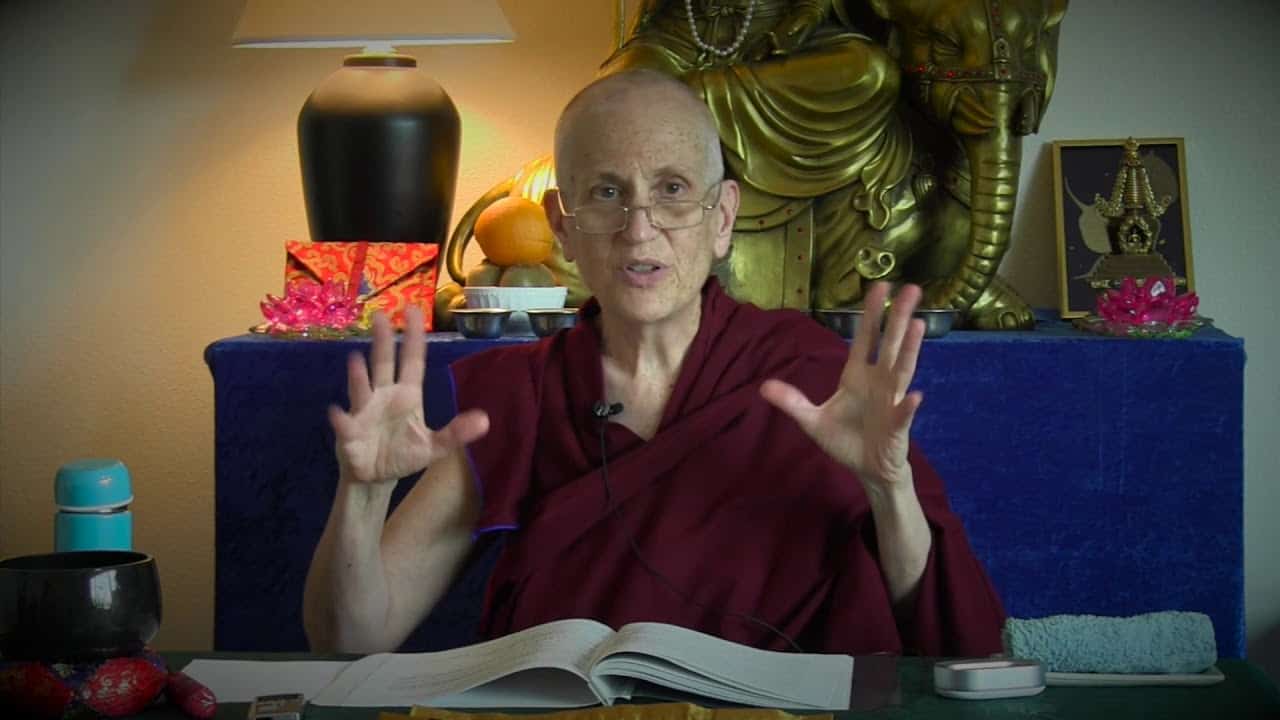What is the truth?

When Siddhartha Gautama sat under that bodhi tree some 2600 years ago he awakened to the truth. The truth of suffering, its causes, the cessation and the path to liberation. He realized the truth of impermanence, the truth of karma (cause and effect), the truth of dependent arising (causes and conditions) and the ultimate truth, the emptiness of inherent existence of all phenomena. Along with his awakening he developed the power of omniscience. When he began teaching he was able to discern the interest and intellectual capacity of his followers and tailored his teachings accordingly. As a result, some of his teachings on the surface appeared contradictory. For example, to some groups he taught inherent existence. He was afraid some people would listen to teachings on emptiness and become frightened perhaps falling into a nihilistic belief system that nothing existed including karma and, therefore, ethical conduct didn’t matter. His great compassion forced him to give these provisional teachings since absolutism was far better than nihilism in keeping sentient beings from descending into the lower realms. Some of his teachings also required interpretation. He really didn’t mean “kill your father and mother.” There he was talking about stopping the craving and clinging that keep the cycle of existence going. When taken as a whole, all of the Buddha’s teachings are the truth in that their ultimate aim is to benefit sentient beings. It’s just some are provisional requiring interpretation and some are definitive which you can take on face value.
In the 1992 movie “A Few Good Men” there is the famous interchange between Lt JG Daniel Kaffee (played by Tom Cruise) and Col Nathan Jessep (played by Jack Nicholson).
Jessep: You want answers?
Kaffee: I think I’m entitled to them
Jessep; You want answers?
Kaffee: I want the truth!
Jessep: You can’t handle the truth!
Fast forward to today. We are witnessing a battle royale with the truth. In fact, a whole new lexicon of terminology has arisen. “Fake News.” “Alternative Facts.” Or the one I like the most, “Truthful Hyperbole.” Over the last six months we have been subjected to some 500 alternative facts from our national leaders. They have ranged from the relatively benign such as the total number of attendees at the inauguration (which this valid cognizer could easily see with his own eyes) to the much more malignant denial of climate change and its effects that are already being experienced. One ardent supporter of our President is the mayor of Tangier Island, Virginia. During a recent CNN Town Hall with former Vice President Al Gore, the mayor continued to support the claim that climate change was a hoax despite the fact that one-third of his island had already vanished due to rising waters in Chesapeake Bay. I guess the truth is in the eye of the beholder.
Truthful hyperbole may work in the real estate business. Let the buyer beware. But now that a real estate mogul is in the White House the American people deserve more than alternative facts and hyperbole. To give him the benefit of the doubt I will think of our president as a bodhisattva. Maybe he believes we are all of low intellectual capacity and therefore, can’t handle the truth. I will look at his tweets as provisional teachings that just need interpretation. At least I have the Dharma to fall back on. I have yet to realize emptiness. So, in actual fact, it is not our leaders who are purveying the greatest lies, but it is my own mind that sees and apprehends the world as concrete and inherently existent which is a far greater and more dangerous falsehood.
Kenneth Mondal
Ken Mondal is a retired Ophthalmologist who lives in Spokane, Washington. He received his education at Temple University and University of Pennsylvania in Philadelphia and residency training at University of California-San Francisco. He practiced in Ohio, Washington and Hawaii. Ken met the Dharma in 2011 and attends teachings and retreats on a regular basis at Sravasti Abbey. He also loves to do volunteer work in the Abbey's beautiful forest.


